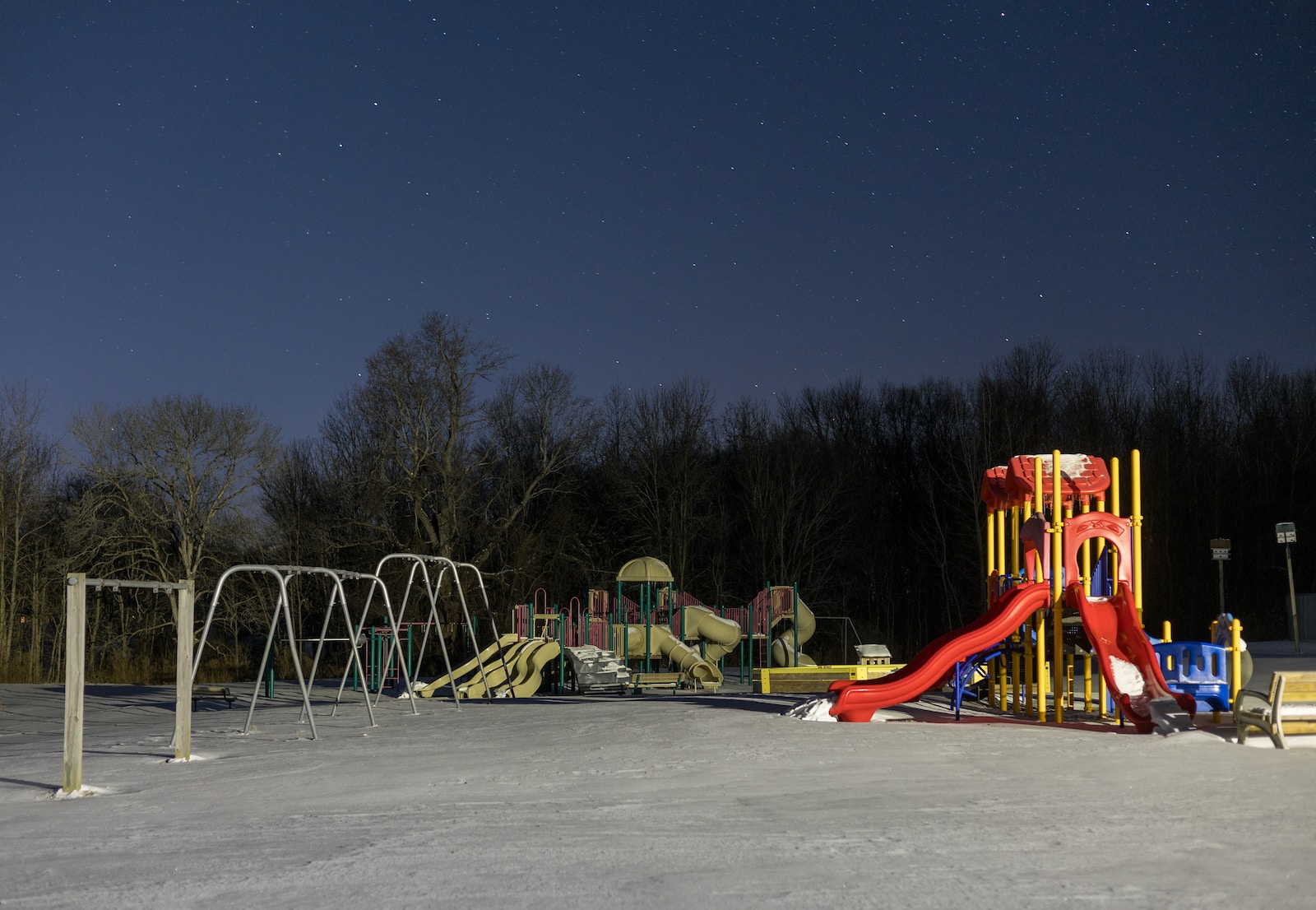Abstract
The objective of this work was to examine the perceptions of adults responsible for the care of children in their leisure time about the contribution of public playgrounds to motor, social, and creative development and obesity reduction in children, analyzing these perceptions according to sex, age, educational level, and level of involvement in the child’s education of the participants. The sample consisted of 1019 adults responsible for the care of children in their leisure time in Albacete (Spain). A validated questionnaire was the instrument used to assess perceptions of participants on the influence of the public playgrounds in motor, social, and creative development and obesity reduction of children. The instrument was validated on a first sample of convenience and had good reliability (α = 0.997) and construct validity (CFI = 0.997). The results showed that most participants agreed with the positive contribution of public playgrounds to social skills (78.8%), motor skills (53.7%), creativity (52.2%), and obesity reduction (48.8%) in children. Women, those between 30 and 49 years, those with a higher educational level and those with a higher level of involvement in the child’s education had more positive perceptions regarding the impact of public playgrounds to motor, social, and creative development and obesity reduction in children. These results should be taken in consideration to foster the use of public playgrounds in all sectors of population.
Authors: Gil-Madrona, P., Martínez-López, M., Prieto-Ayuso, A., Saraiva, L., Vecina-Cifuentes, J., Vicente-Ballesteros, T., Moratilla-López, R., & López-Sánchez, G. F.
Journal: Sustainability
Year: 2019
